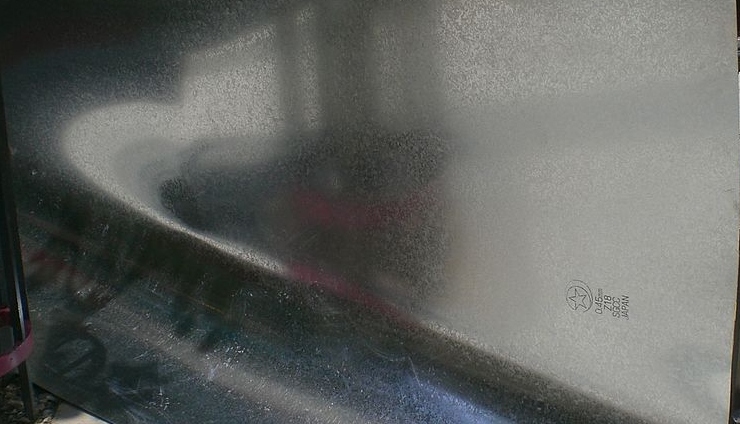Acting on a complaint by domestic manufacturer JSW Steel Coated Products, India’s Directorate General of Trade Remedies (DGTR) has provisionally determined dumping margins for aluminium- and zinc-coated flat products from manufacturers in China at 30-50%, Korea (20-30%) and Vietnam (10-20%) and recommended imposition of provisional anti-dumping duty on the same.
The move may, however, impede the growth of solar power in India as Care Ratings opines that imposition of anti-dumping duty will increase the cost of solar power projects by 2-4%.
The ratings agency cites the example of PosMAC (POSCO magnesium-aluminium alloy coated steel)—one of the imported products that has self-healing system, prevents corrosion from red-rust at edge, and is suitable for solar structure fabrication and support structure owing to its economic life of 25 years.
“These supporting structures cost approximately Rs 0.30 to 0.35 crore per MW, i.e., 8.5-10% of the total project cost of Rs 3.50 crore per MW. Hence, anti-dumping duty at above-mentioned dumping margins may increase tariffs by approximately 6 to 8 paisa per unit,” it said.
As per the DGTR, imports of aluminium- and zinc-coated flat products have increased relative to consumption in India. Imports sharply increased from 5-10% of consumption in 2015-16 to 35-40% of consumption during the 12-month period of investigation, i.e., October 2017 to September 2018.
There is substantial demand from the solar energy sector, where solar panels require aluminium-and zinc-coated flat products of 30 MT/MW for mounting structures.
It is estimated that the solar sector will require 2.1 million tonnes of aluminium- and zinc-coated flat products to achieve the ambitious solar energy target of 70 GW by 2022.
This content is protected by copyright and may not be reused. If you want to cooperate with us and would like to reuse some of our content, please contact: editors@pv-magazine.com.









2 comments
By submitting this form you agree to pv magazine using your data for the purposes of publishing your comment.
Your personal data will only be disclosed or otherwise transmitted to third parties for the purposes of spam filtering or if this is necessary for technical maintenance of the website. Any other transfer to third parties will not take place unless this is justified on the basis of applicable data protection regulations or if pv magazine is legally obliged to do so.
You may revoke this consent at any time with effect for the future, in which case your personal data will be deleted immediately. Otherwise, your data will be deleted if pv magazine has processed your request or the purpose of data storage is fulfilled.
Further information on data privacy can be found in our Data Protection Policy.